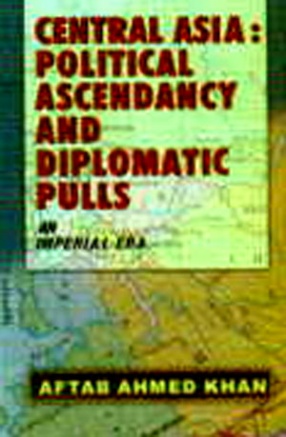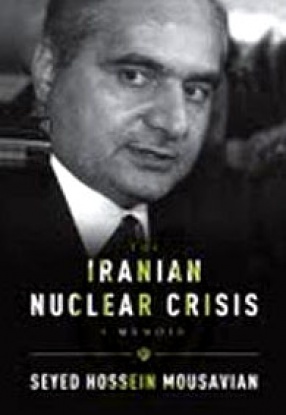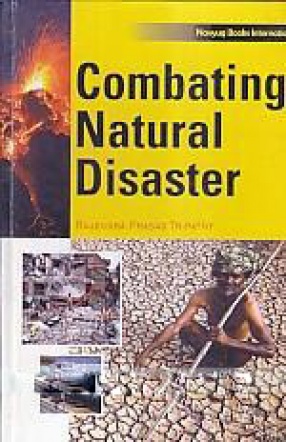During nineteenth century, Central Asia was the hot bed of imperialistic rivelries. Britain entered into it after the subjugation of Punjab and Sind, while Russian thrust into the region was the result of her commercial inferiority in European market. By 1850, both powers had subjugated the most of the areas of Asia and had reached a meeting place somewhere in Afghanistan and Sinkian’g. Sinkian’g dominated international politics during the exciting days of Yaqub Beg, who carved out an independent state in Sinkian’g after destroying Chinese sovereignty. Emergence of Yaqub Beg exited moves and counter-moves in the history of British and Russian imperialism in Asia. China, at times, a peripheral power, was helpessly observing the Anglo-Russian rivalry in her western province, i.e. Sinkian’g. While China came out from internal and external troubles and set out to regain her sovereignty in Sinkian’g. All power on the spot with obvious interests got deeply involved into the Sinkian’g politics, i.e., Britain wanted to make it a base where from she could wave her influence, both commercial and political, in Central Asia. While Russia wanted to use it as a shield against British expansionism so as to retain her ascendency in Asia, China wanted to reconquer it for the safety of Peking and Yaqub Beg attempted to reserve himself from the onslaughts of Russia and China. The book explores the development in Sinkian’g from 1860 to 1880.
Central Asia: Political Ascendancy and Diplomatic Pulls (An Imperial Era)
During nineteenth century, ...
$32.40
$36.00





There are no reviews yet.